Managing Children’s Screen Time
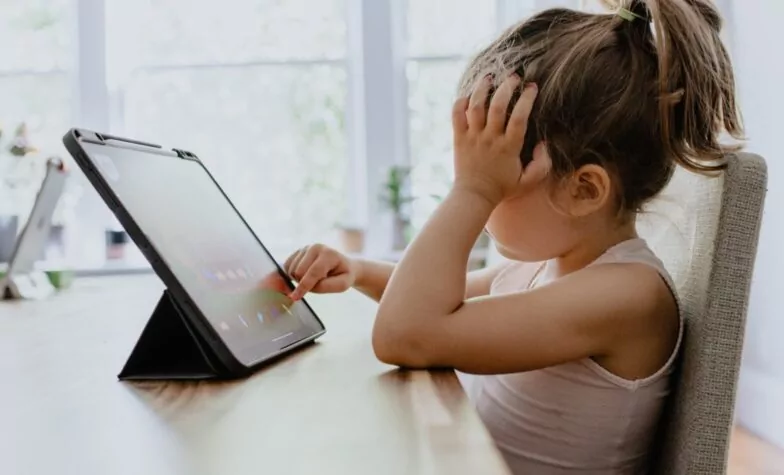
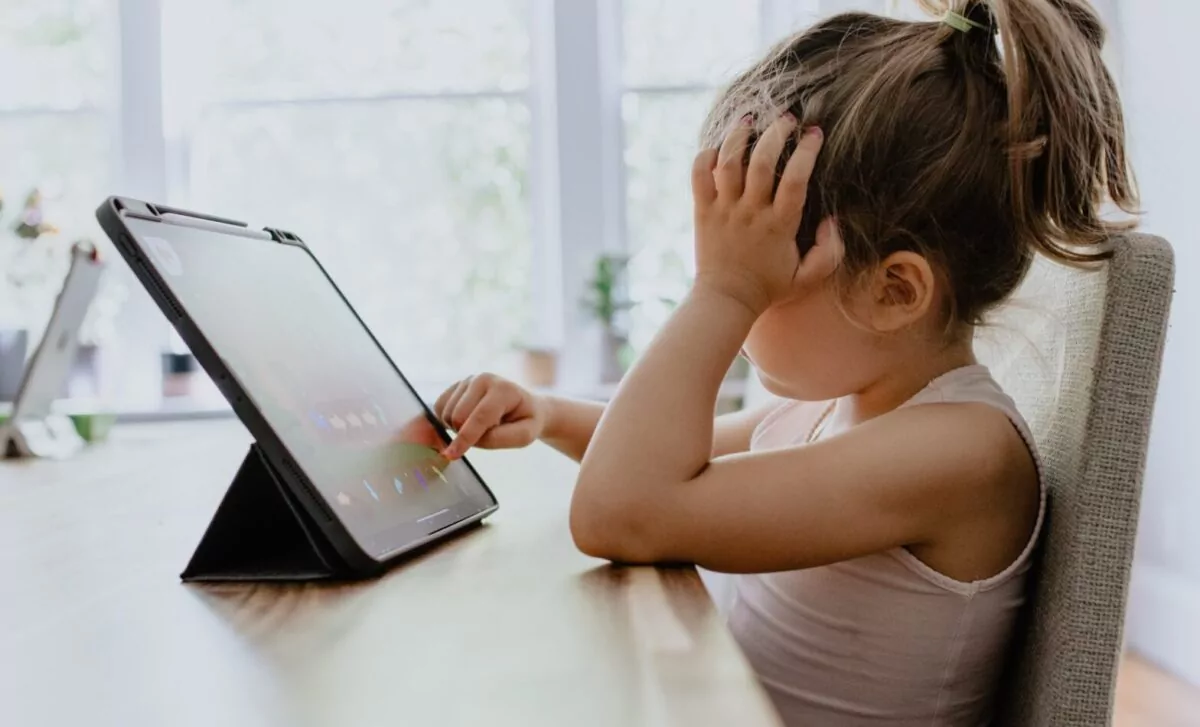
In today’s digital age we are constantly connected to the online world with access to digital media virtually anywhere, anytime. But what does this mean for the growth and development of our children?
Dr Kristy Goodwin shares 9 helpful questions that you can address to determine if your child’s screen-time is healthy or detrimental, and to help you encourage appropriate screen-time habits at home.
1. How screen time affects children?
Understanding the impact of screen time on children is essential. Research suggests that excessive screen time can lead to a range of issues, including decreased physical activity, poor sleep, and behavioural problems. To mitigate these effects, it’s crucial to assess and manage your child’s screen-time habits.
2. What is a healthy screen time for a child?
The concept of healthy screen time varies based on several factors, including age, content, and individual needs. The Australian guidelines for screen time provide valuable recommendations. They suggest that children aged 2-5 should have no more than one hour of screen time per day, while those under 2 should have none. For older children, it’s essential to find a balance that aligns with their developmental stage, interests, and other activities.
3. What are the Australian guidelines for screen time?
The Australian guidelines for screen time offer valuable insights. For children aged 2-5, they recommend no more than one hour of screen time per day. Children under 2 should avoid screens altogether, except for video chatting. These guidelines help establish a framework for healthy screen-time habits in children and serve as a reference for parents and caregivers.
4. What are symptoms of too much screen time?
Recognising the symptoms of excessive screen time is crucial for maintaining a child’s well-being. These symptoms may include reduced physical activity, sleep disturbances, irritability, difficulty focusing, and poor academic performance. Being aware of these signs allows parents to take timely action to adjust screen-time habits and promote a healthier balance.
5. What type of screen-time?
How your child uses a screen varies. For instance, are they using screen-time for leisure or learning? Are they active or passive? It is important that parents manage not only how much screen-time their children are having but the type of content they are consuming and engaging with.
6. When to avoid screen-time?
Minimising screen usage 60 – 90 minutes before sleeping or napping is proven to improve the quality and depth of a child’s sleep.
7. Where are screens used?
Tech free zones in the house and social settings should be encouraged so that boundaries are set from an early age. Recommendations for ‘screen-free zones’ include bedrooms and meal areas, and during meals and outdoor play time.
8. How is the screen used?
Consider how long your child is staring at a screen without giving their eyes a break. Encourage them not to have a laptop or tablet screen on their lap to reduce possible electromagnetic radiation risks and limit headphones to no more than 1 hour per day to protect their ears.
9. Who is your child using a screen with?
Encourage your child to use their screen with a parent, sibling or peer to manage the type of content they are consuming. For example, have screen-time with your child to use educational apps to assist with their learning.
Watch & learn more from our Grow With Us virtual workshop hosted by from Dr Kristy Goodwin:
More tips and advice on screen-time can be found on Dr Kristy’s website.
Learn more great advice from our in-house experts: 5 Things To say Instead Of Don’t Cry, Top Tips On Snacking For Kids.
Only About Children can help your child to grow, make friends and explore the world.
Only About Children can help your child to grow, make friends and explore the world.
Related Reads
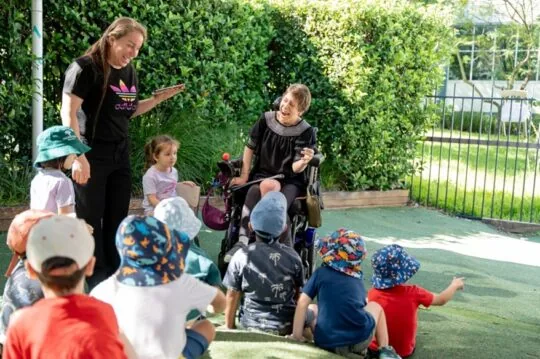
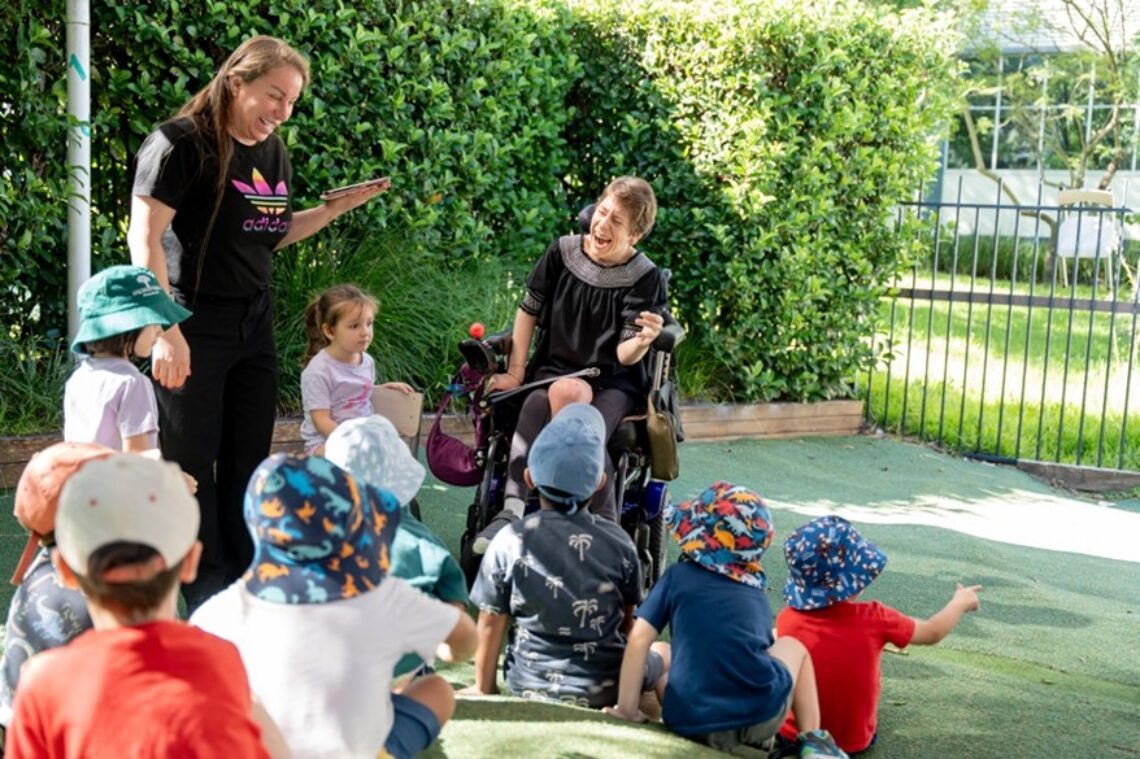
Bec Celebrates 10 Years Working In Her Dream Job At OAC Concord
Rebecca Donatiello (Bec) celebrates 10 years working and learning at Only About Children Concord.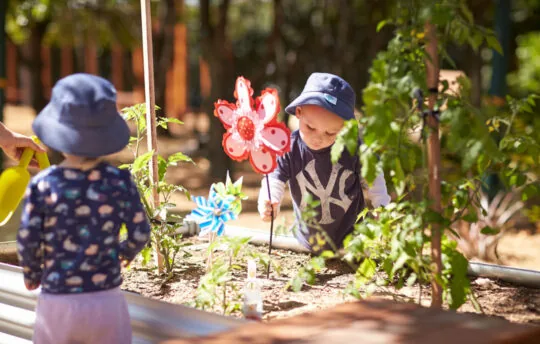

Choosing The Right Preschool/Kindergarten For Your Child
Choosing the right Preschool/Kindergarten for you child can be a daunting task. When exploring the ideal preschool choices for your child, there is no need to navigate blindly. Simply by asking the right questions, you can find the perfect match.
